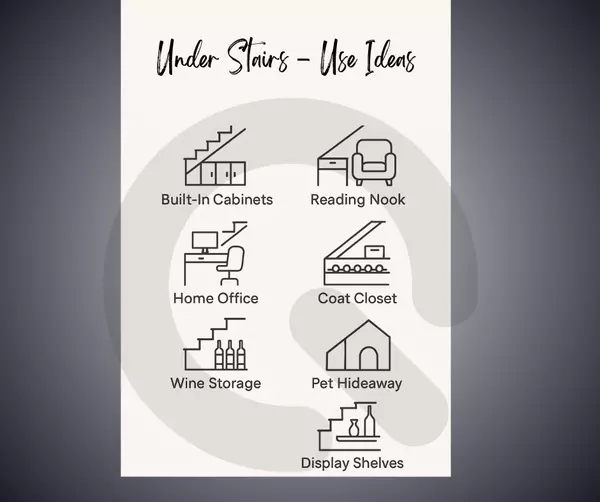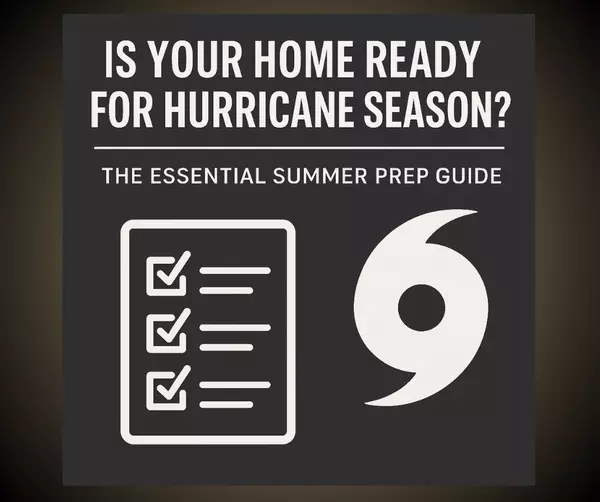The Art of Negotiation: Overcoming Challenges When Selling Your Home

The Art of Negotiation: Overcoming Common Challenges When Selling Your Home
Negotiating the sale of your home can be one of the most complex and pivotal aspects of the selling process. Effective negotiation not only involves striking a deal that meets your financial goals but also requires navigating various challenges and finding common ground with potential buyers. In this post, we will explore a few common nogotiation challenges faced by homeowners and some practical strategies for overcoming them, helping to ensure a smooth and successful home sale.
Common Negotiation Challenges When Selling Your Home
Price Discrepancies:
Challenge: Disagreements over the asking price are common in negotiations. Buyers may offer less than your desired price, or you may be tempted to accept an offer that's lower than your home's market value.
Strategy: Your Realtor should prepare a Comparative Market Analysis (CMA) to set a realistic and competitive price for your home. Be prepared to justify your asking price with recent sales data and market trends. Flexibility and willingness to negotiate can help in reaching a mutually-agreeable price.
Contingencies and Repairs
Challenge: Buyers often include contingencies in their offers, such as requests for repairs or adjustments based on home inspections. These can complicate negotiations and affect the final sale terms.
Strategy: Understand common contingencies and prepare for them in advance. Consider addressing potential repair issues proactively or negotiating terms that benefit both parties. Work with your real estate agent to assess and respond to buyer requests effectively.
Offer Terms and Conditions
Challenge: Buyers may propose terms and conditions that don't align with your preferences, such as extended closing dates or requests for additional concessions.
Strategy: Clearly define your terms and preferences with your real estate agent before entering negotiations. Be prepared to negotiate and find compromises that satisfy both parties. Effective communication with your real estate agent can help you navigate these discussions and reach favorable terms.
Emotional Factors
Challenge: Emotions can run high during negotiations, especially if you have a strong attachment to your home or are facing financial pressures.
Strategy: Keep emotions in check and focus on the facts. Rely on your real estate agent to handle negotiations professionally and objectively. Having a clear understanding of your goals and priorities can help you stay focused and make rational decisions.
What If I Receive Multiple Offers
Challenge: Receiving multiple offers can create a competitive environment and complicate the decision-making process.
Strategy: Evaluate each offer based on its merits, including price, contingencies, and buyer qualifications. Work with your real estate agent to compare offers and choose the one that best aligns with your goals. Consider counteroffers and negotiation tactics to secure the most favorable terms.
Strategies For Successful Negotiation
Prepare Thoroughly
Why: Preparation is key to effective negotiation. Understanding your home's value, potential issues, and market conditions can provide a strong foundation for negotiations.
How: Your real estate agent should review recent sales data, market trends, and potential buyer concerns. Work with your agent to develop a negotiation strategy and set clear objectives.
Stay Flexible and Open-Minded
Why: Flexibility can facilitate smoother negotiations and increase the likelihood of reaching a satisfactory agreement.
How: Be open to negotiating price, terms, and contingencies. Consider all reasonable requests from buyers and explore creative solutions that benefit both parties.
Communicate Effectively
Why: Clear and effective communication is essential for successful negotiations. Misunderstandings can lead to conflicts and stalled negotiations.
How: Maintain open lines of communication with buyers and their agents. Clearly articulate your needs and expectations while being receptive to their concerns and feedback.
Leverage Your Real Estate Agent
Why: Real Estate agents are skilled negotiators and can provide valuable insights and strategies.
How: Rely on your agent to handle negotiations, present counteroffers, and manage communication with buyers. Their knowledge of market dynamics and negotiation tactics can be a significant asset.
Know When to Compromise
Why: Compromise is often necessary to reach a mutually-agreeable solution and close the sale.
How: Identify key priorities and be willing to make reasonable concessions. Balance your goals with the buyer's needs to achieve a successful outcome.
FAQ
Question: How can I prepare for price negotiations effectively?
Answer: Your Realtor should prepare a Comparative Market Analysis (CMA) to determine a realistic price for your home. Be prepared to justify your asking price with recent sales data and market trends. Discuss pricing strategies with your real estate agent.
Question: What should I do if buyers request extensive repairs?
Answer: Evaluate repair requests carefully and consider addressing issues proactively before listing. Negotiate repair terms or offer credits to buyers, if necessary. Work with your real estate agent to respond to requests effectively.
Question: How can I handle emotional factors during negotiations?
Answer: Keep emotions in check and focus on the facts of the transaction. Rely on your real estate agent to handle negotiations objectively and professionally. Stay focused on your goals and priorities to make rational decisions.
Question: What are common contingencies in home offers, and how should I address them?
Answer: Common contingencies include inspection, appraisal, and financing. Review each contingency and prepare to address them or negotiate terms that work for both parties. Work with your real estate agent to handle these requests effectively.
Question: When should I consider making a counteroffer?
Answer: Consider making a counteroffer if the initial offer does not meet your needs or expectations. Evaluate the buyer's offer and identify areas where you can negotiate terms that align with your goals.
Question: How can I ensure that my real estate agent is effectively handling negotiations?
Answer: Communicate your expectations and goals clearly with your real estate agent. Trust their expertise and rely on their experience to manage negotiations and present counteroffers professionally.
Question: What should I do if negotiations are not progressing well?
Answer: Reevaluate your negotiation strategy and consider alternative approaches. Discuss any issues with your real estate agent and explore ways to address buyer concerns or adjust your terms to move the process forward.
Considering buying or selling in the near future, I am here to help with your real estate goals.
Search All Homes For Sale Here
Categories
Recent Posts











